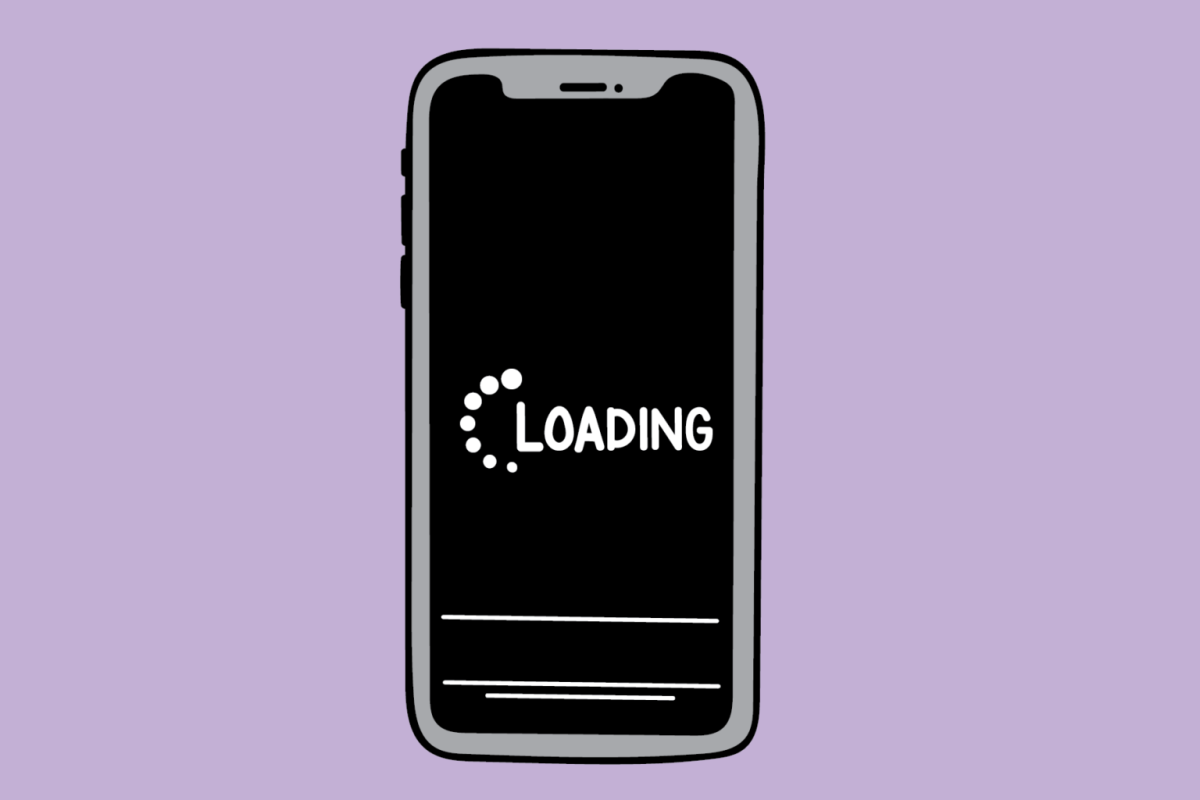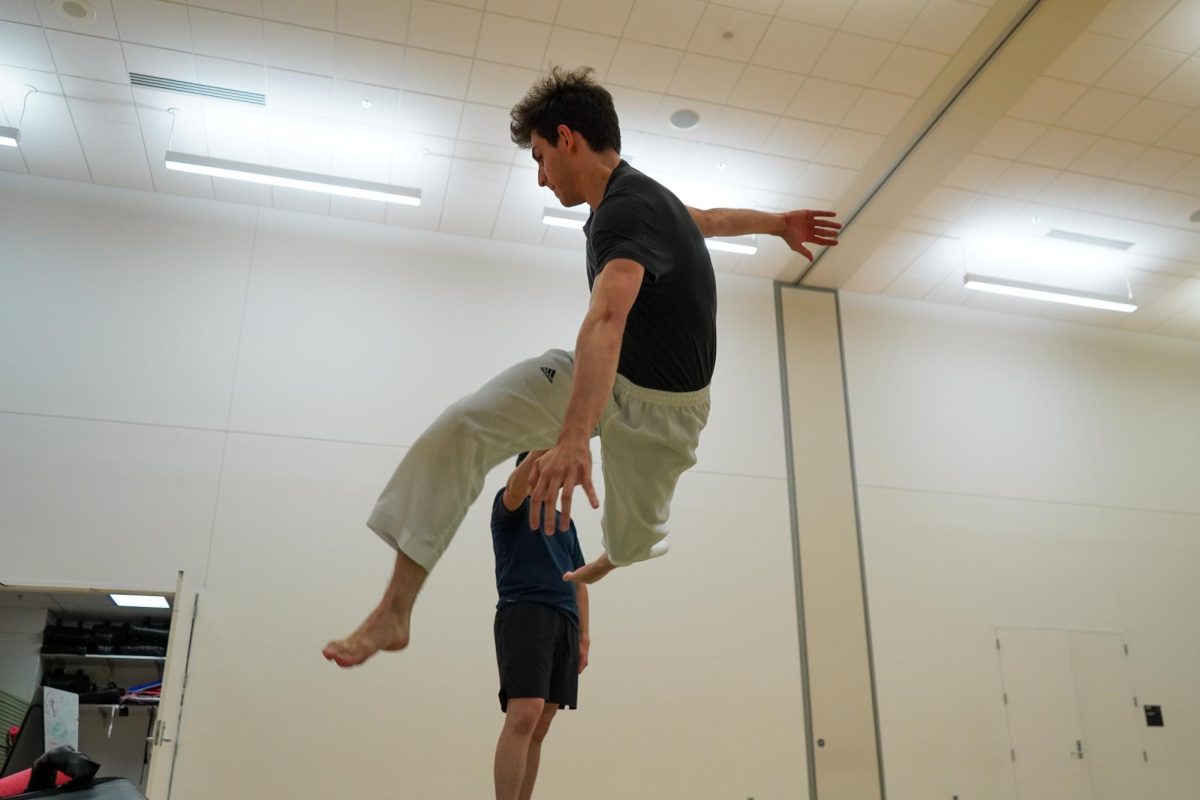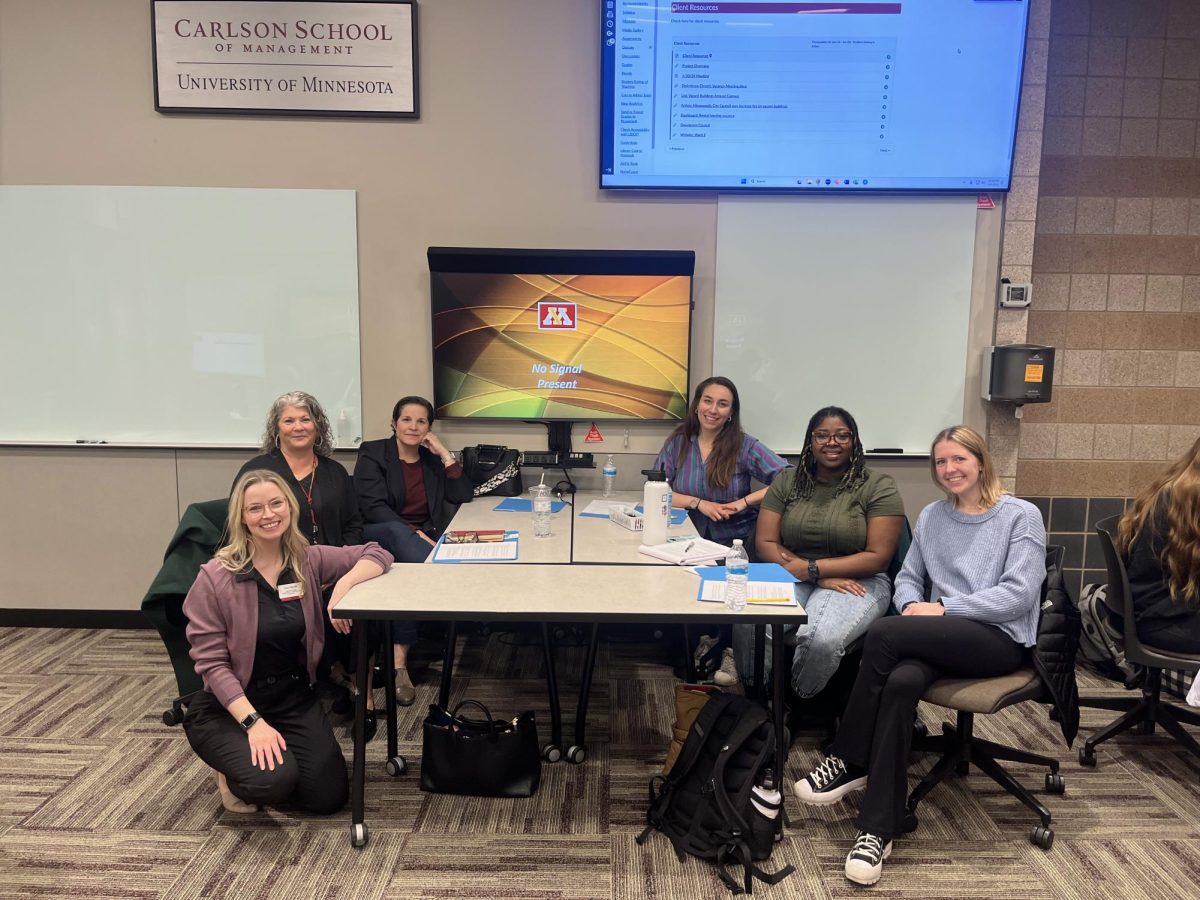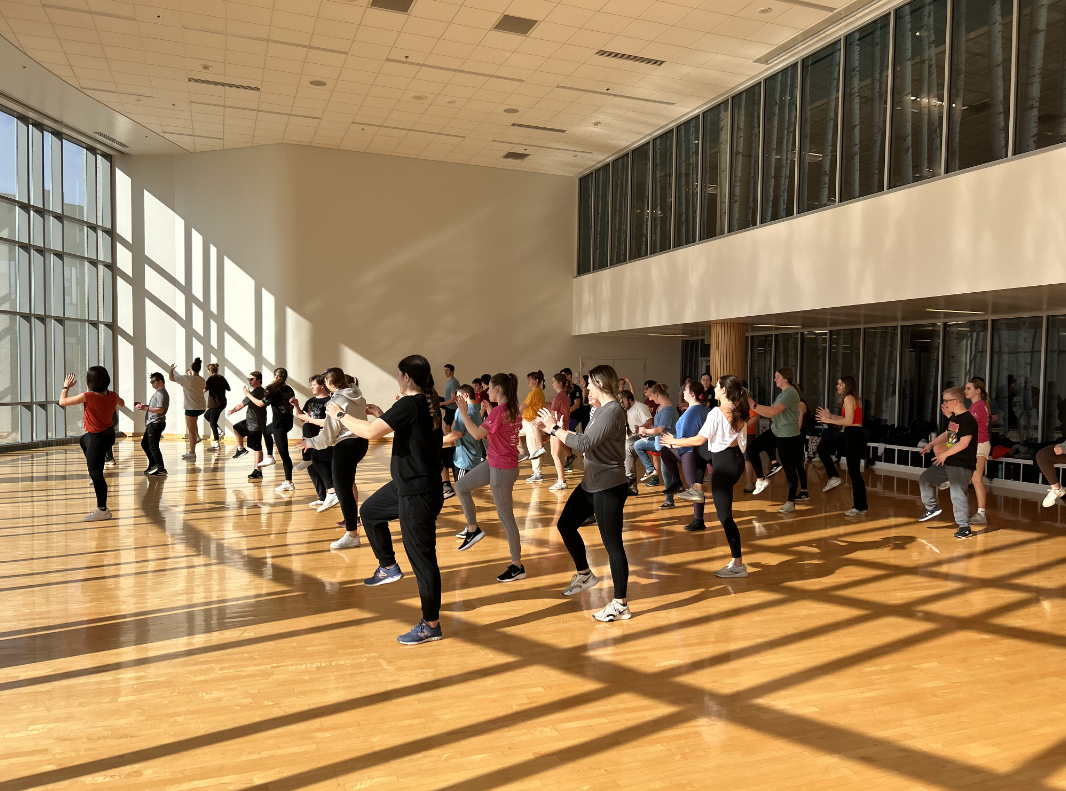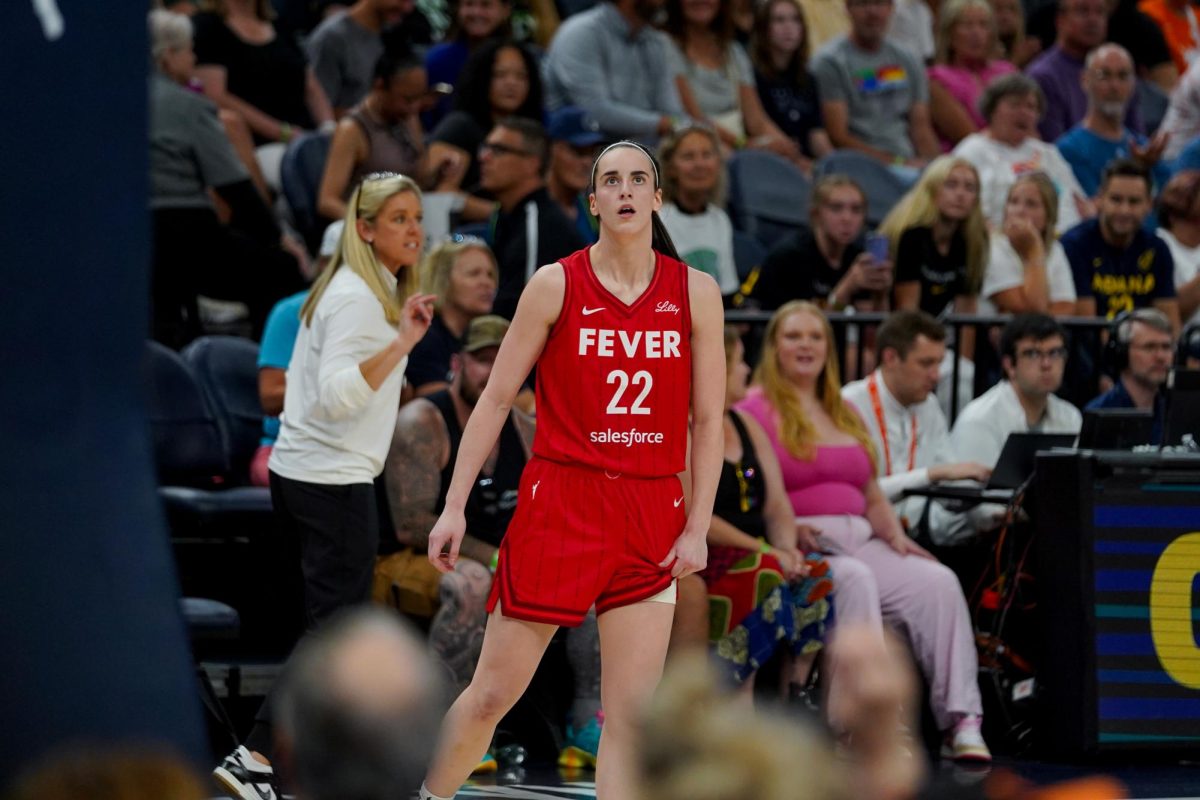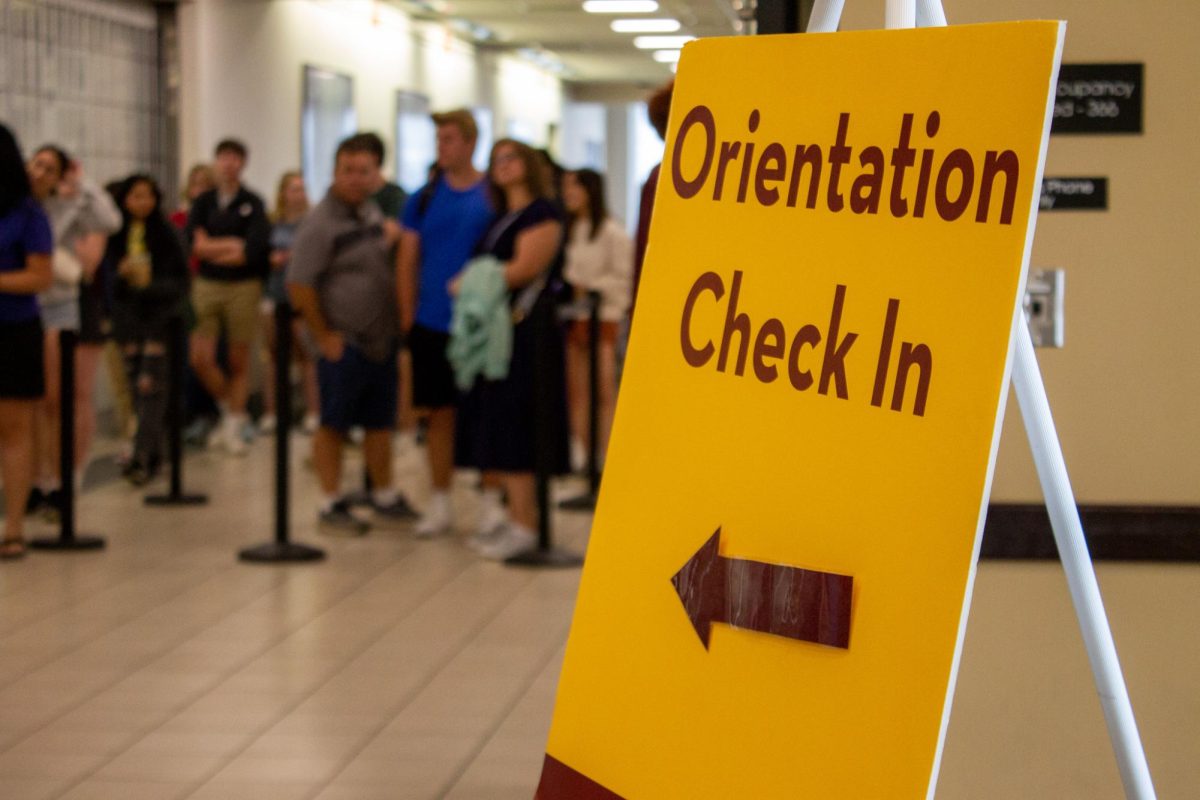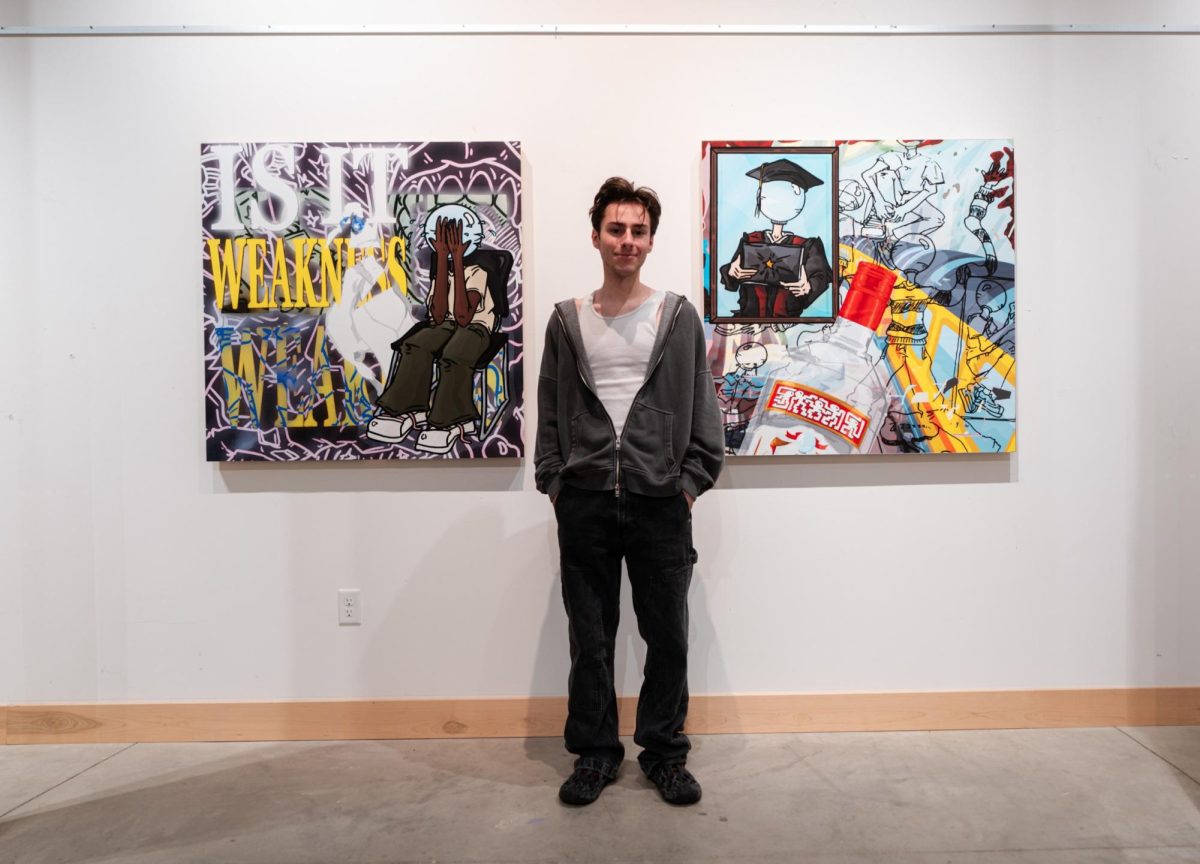In light of recent lawsuits filed by 41 states against Meta, the parent company of several major social media platforms, University of Minnesota students and faculty discuss the impact of social media on young people’s mental health.
The lawsuit, which Minnesota is a party in, alleges Meta has contributed to negative mental health outcomes among young users by promoting unrealistic beauty standards and encouraging addictive usage patterns, the Washington Post reported. Some student users and experts at the University said social media is a prevalent force in their lives and can have negative effects.
Liza Meredith, a University psychology professor, said social media usage has different effects on users’ mental health depending on the time they spend on social media and their purposes for doing so.
Meredith added the effect can be quite positive, particularly for those who use social media to increase feelings of connectedness or belonging.
Social media usage can also have a negative effect on mental health leading to feelings of anxiety, depression, jealousy or loneliness.
Audrey Dalsin, a second-year University student, said she has been a user of social media since fourth grade and sees it as a convenient way to communicate with friends.
While she likes using social media as a portal of connection, Dalsin said it is easy for her to get stressed by the constant influx of notifications.
“Even if I try to not go on my phone for a while, I don’t want to miss out on any texts from people,” Dalsin said.
Meredith said it is difficult to identify when social media use begins to have a negative effect on mental health, though it is relevant to take note when social media use causes a user to make negative comparisons between themselves and another user.
This is particularly true with young people who use social media as a metric for their self-worth, according to Meredith.
“During that span of life, you’re trying to figure out who you are and how you fit in,” Meredith said.
Mina Zhang, Undergraduate Student Government (USG) communications director, said it is almost impossible for her to disconnect from social media completely, though she recognizes the negative effects her usage sometimes has on her mental health.
“It’s a really easy escape from a lot of schoolwork and a lot of other thoughts that I don’t want to deal with,” Zhang said.
Ruth DeFoster, assistant professor at the Hubbard School of Journalism and Mass Communication, said social media is specifically and intentionally designed to be addictive.
Social media networks conduct careful research on what keeps users clicking, DeFoster said. The goal of these networks is to keep users on their platform by triggering small releases of dopamine when they get feedback, such as liking a post, seeing a new video or reading comments that elicit anger or other strong emotions.
Meredith said the unpredictability of this feedback can act as an unexpected reward for users.
DeFoster added with the rise of algorithmic information delivery, social media platforms are made even more addictive due to their ability to be conducive to audiences looking to confirm pre-existing beliefs.
“You’re never going to be delivered, in your algorithm, anything that violates or pushes back or makes you uncomfortable with the pre-existing beliefs and likes that you already have,” DeFoster said.
In this way, DeFoster said social media platforms can act as an echo chamber where users are inundated with constant validation of their beliefs, making it difficult for them to turn away.
Social media platforms are often easy proliferators of misinformation, DeFoster said. Many important stories involve a significant amount of nuance, which is difficult to cover in a short social media post.
“There’s a lot of really important stories that need to be told that can’t be reduced to outrage, bait and a meme,” DeFoster said.
Social media platforms are not designed to allow nuance or trigger long-term conversations, DeFoster added. Rather, it is dedicated towards polarization of belief, which keeps users engaged at the expense of full understanding.
Meredith said social media users can combat the negative effects of social media use by turning off their notifications, making it more likely people will use their social media when they want to rather than feeling obligated.
“When you log on anytime you see that you have a notification, you’re, in some ways, rewarding this desire for an unexpected reward,” Meredith said.
Even though she said she thinks social media platforms should have more regulation, Dalsin said it is an unrealistic goal on a macro-level.
Dalsin said young people today grew up in the media age and are not accustomed to life without social media, whether its effects are negative or positive. Rather, Dalsin said, users should regulate their personal social media usage by implementing time controls or turning off their phones.
Similarly, Zhang said young users should use social media not necessarily selectively but intentionally.
“I really like using social media to build stories and share different funny posts with people,” Zhang said. “While it’s nice to have easy access to what’s going on in the world, it’s very easy to go into doom scrolling and just get super wrapped up in all the negative things that are going on.”










